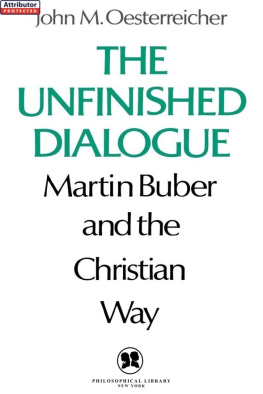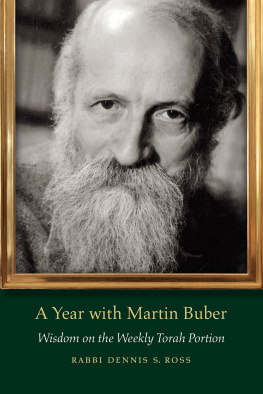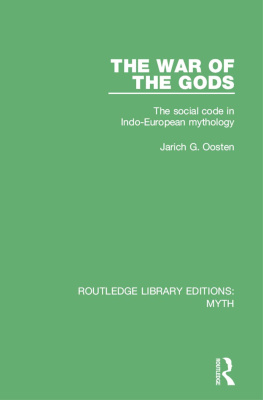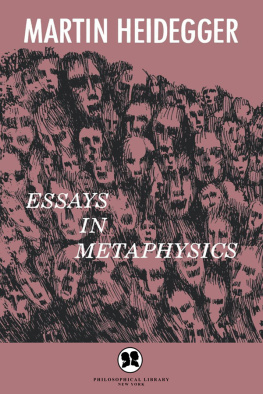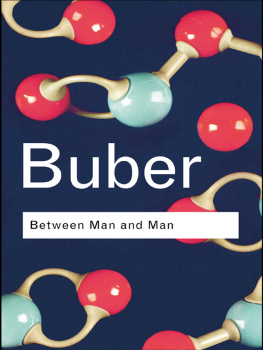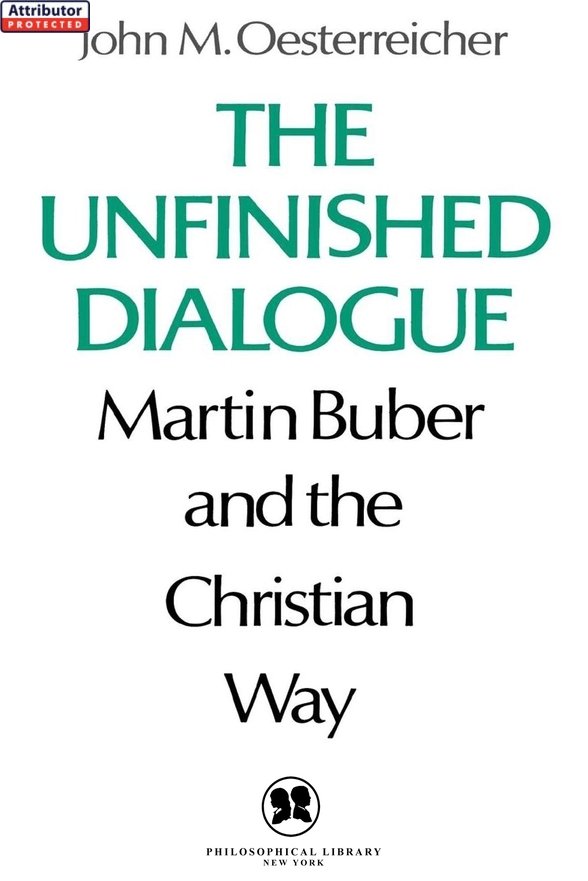Gerhard Ruis, Die Grenzen des Dialogs zwischen Juden und Christen, Die Furche, Vienna, Jan. 27, 1978. Buber was indeed a celebrated figure, but mainly in German-speaking countries and in the United States. The response to him in Israel was hesitant. Rivka Horwitz, professor for the History of Jewish Thought at Ben Gurion University, Beer-sheva, and a student of Bubers I-Thou philosophy, sees the reason for the scant echo in the fact that Israelis considered him a paradoxical figure. Learned in various disciplines, he ascribed to knowledge but a subordinate role. A Zionist, body and soul, basing his Zionism on the divine promises of the Land, he went to Eretz Yisrael relatively late in his life. Speaking of life in community with great enthusiasm, he never made his home in a kibbutz. Proclaiming, both in youth and age the Commandments of Love, demanding a religious surrender and spiritual renewal, he was unwilling to acknowledge that Judaism is bound to the observance of Commandments. See Buber in the Israel of Today, first published in one of Israels daily papers and later reprinted in Immanuel (an appendix to Freiburger Rundbrief [ed. Gertrud Luckner and Clemens Thoma], December 1977), p. 172.
Hans Urs von Balthasar, Einsame Zwiesprache (Cologne: Jakob Hegner, 1958), p. 11. (Referred to hereafter as Zwiesprache.) The English version is called Martin Buber and Christianity, transl. Alexander Dru (New York: Macmillan, 1961). (Referred to as Buber and Christianity.)
Balthasar, Buber and Christianity, p. 9.
Ibid. The translator writes that Buber is representing the Jewish race, though the German original speaks of the jdische Mensch.
Balthasar, Zwiesprache, pp. 35-37; cf. Buber and Christianity, pp. 32-34. The translator speaks of the by-products of Rabbinism and Rationalism; the original, however, reads for by-products Schutt. Hence, my translation of rubbish.
See Balthasar, ibid., p. 35; cf. Buber and Christianity, p. 32. The published translation reads: everything that had accumulated through the centuries, everything decadent and distorted....
Buber, Die Stunde und die Erkenntnis (Berlin: Schocken, 1936), pp. 164-165; for an English translation, see Hans Joachim Schoeps, The Jewish-Christian Argument, transl. David E. Green (New York: Holt, 1936), pp. 156-157.
Buber, Drei Reden ber das Judentum (Frankfurt: Rut-ten, 1919), pp. 30-31.
Buber, On Judaism, ed. Nahum N. Glatzer (New York: Schocken, 1967), p. 27 (see also pp. 25-26); cf. Drei Reden, pp. 44-45.
Buber, On Judaism, p. 4.
Ibid., p. 3.
See Grete Schaeder, The Hebrew Humanism of Martin Buber, transl. Noah J. Jacobs (Detroit: Wayne, 1973), p. 129; cf. Martin Buber: Hebrischer Humanismus (Gttingen: Vandenhoeck & Ruprecht, 1966), p. 99.
In a recent volume on Martin Bubers grappling with reality, published in anticipation of Bubers hundredth anniversary, Willehad P. Eckert, O.P., takes a different view. He hails Buber as pioneer of the conversation between Jews and Christians, calling him a partner in dialogue. and giving these four points of departure: Judaism, Zionism, Hasidism, and his translation of Scripture. See Martin Bubers Ringen um Wirklichkeit, ed. Eckert, Goldschmidt and Wachinger (Stuttgart: Katholisches Bibelwerk,1977), pp.135-154. He has treated this topic even earlier. See his article, Martin BuberZwei Glaubensweisen: Frage und Versuch einer Antwort, Judenhass Schuld der Christen?! (Essen: Hans Driewer, 1964), pp. 439-456.
Balthasar, Zwiesprache, p. 11; cf. Buber and Christianity, p. 9.
Rivka Horwitz, Ferdinand Ebner as the Source of Martin Bubers Dialogic Thought in I and Thou, in Martin Buber: A Centenary Volume, ed. H. Gordon and J. Bloch (New York: KTAV, 1984), p. 123.
Kaufmann, in his Prologue to Bubers I and Thou (New York: Scribners, 1970), p. 35.
As quoted in Schaeder, Hebrischer Humanismus, p. 117; cf. Hebrew Humanism, p. 149.
For a discussion of this verse see Bernhard Casper, Das Dialogische Denken (Freiburg: Herder, 1967), p. 278. It is the original intent and the guiding motive of I and Thou to describe this pure Presence of the One, Casper writes. See also Kaufmanns Prologue, p. 26.
Bubers Ich und Du has been translated into English twice, first by Ronald Gregor Smith, later by Walter Kauf mann, both published by Scribners, New York. The former appeared in a second edition in 1958, the latter was published in 1970. In quoting Buber here and elsewhere, I have often preferred to make my own translation, but have not always given the tedious notification, ranslation my own. Throughout, however, I refer for my readers sake to the two printed editions and to other published translations of Bubers works. For Bubers view of God as the One who confronts us directly, see Smith, pp. 80-81; Kaufmann, p. 129.
I hope to return to this point later, but I think I should say right here that I can not address God unless I am convincedassert in my mind and heartthat He lives and cares. All conversation among humans about Him who is the Beginning and the End of our lives would be impossible without speaking of Him in the third person. That such speech is fraught with danger goes without saying; it ought to be done with humility and aweas it were, on our knees. Yet, not to speak of Him dries up our souls and empties our fellowship with others.
See Smith, p. 79; Kaufmann, p. 127.
See Smith, p. 107; Kaufmann, p. 155-156.
See Smith, p. 79; Kaufmann, p. 127.
See Smith, p. 75; Kaufmann, p. 123.
See Smith, p. 75; Kaufmann, p. 123.
See Smith, p. 76; Kaufmann, p. 124.
See Smith, p. 77; Kaufmann, p. 125-126.
See Smith, p. 78; Kaufmann, p. 126.
See Smith, p. 80; Kaufmann, p. 128.
The literature on the Ineffable Name is too extensive to be listed here. I must, however, refer to the basic study on its interpretation I have adopted: Martin Buber and Franz Rosenzweig, Die Schrift und ihre Verdeutschung (Berlin: Schocken, 1936), pp. 185-210. See also Buber, The Burning Bush, On the Bible: Eighteen Studies by Buber, ed. Nahum Glatzer (New York: Schocken, 1968), pp. 44-62, particularly pp. 58-61. For a survey of the grappling of several exegetes with the translation of Gods mysterious Name, see Myles M. Bourke, Yahweh, the Divine Name, The Bridge, ed. J.M. Oesterreicher (New York: Pantheon, 1958), III, pp. 271-287.

